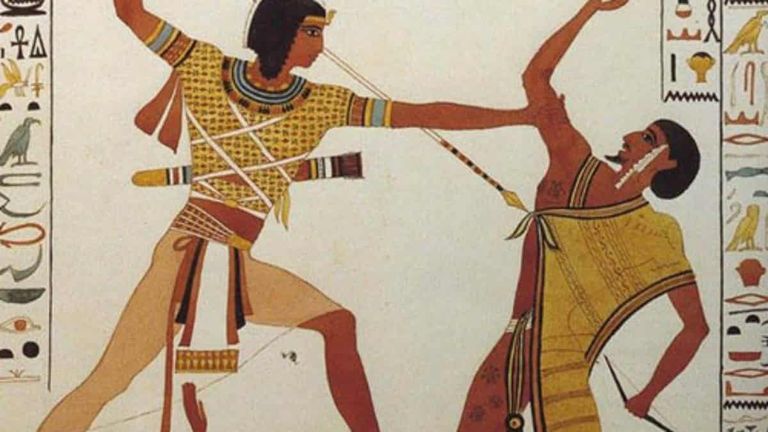Since the beginning of the human rights movement, there have been debates between those who believe in the principle of universal rights and those who believe that "racism" is a significant factor in the dispossession of women's rights. The debate has gone on for years and it will continue to rage until a satisfactory compromise can be reached. This is especially true in the case of the struggles of African Americans, women of color, and the like. But one thing that must be said about the issue of women's rights is that they are a product of the age-old culture war that has been raging since the time of the Ancient Egyptians.
When it comes to human rights and the global goals of women's empowerment, there is a distinct difference between the two. For instance, the Universal Declaration on the Rights of the Human Being states, "All persons are entitled to all the basic freedoms of life, freedom of speech, fair trial, and peaceful demonstration." This universal declaration, as you might expect, covers all people regardless of race, nationality, or religion. It, therefore, makes clear that there is no group of human beings who are not protected by this declaration.
However, the Universal Declaration goes even further to state that "everyone has the right to seek freedom of opinion and expression that right includes freedom to hold opinions without interference and to seek, receive and impart information and ideas through the media and regardless of frontiers." In other words, it is believed that all human beings have the right to participate in the decision-making process and to control their own bodies. This universal declaration goes so far as to include education, literature, and other forms of communication. But what it does not indicate is that women have equal rights when it comes to these basic human rights.
As we have seen throughout history, when women are empowered, they are able to exercise their rights more effectively and they can make decisions that benefit them as well as the whole society. However, empowerment for women in other parts of the world does not necessarily translate into empowerment for women at home and in the workplace. For instance, in Afghanistan, where women are severely harassed and don't have access to education, the representation of women on the global goals list seems thin at best. And in some areas of Africa and the Middle East, where women are not even entitled to inheritance or property, the future of women remains bleak.
Women's rights are not only found in the Universal Declaration of Rights, but they are also found in many other international covenants and conventions. For example, the European Convention on the status of women and the United Nations Convention on the Elimination of violence against women both affirm the right of every woman to full equality before the law and the right to pursue an active role in the political process and to be treated with respect. But these conventions do not guarantee women's rights. As for the global goals set forth in the Universal Declaration of Rights, it is not guaranteed that these goals will be met by societies with male power.
The recent calls by some groups for a boycott of the United Nations World Conference on Women, due to the empowerment of some women in various countries, are offensive on many levels. For starters, these groups are largely made up of men, and they themselves are not empowered. Moreover, there is no guarantee that any progress will be made towards the goal of empowerment for women in the world. But what is certain is that there will be significant changes, especially in the way women are treated. And these changes should be encouraged because empowering women has to begin from the root of the institution of women, which is the family.
